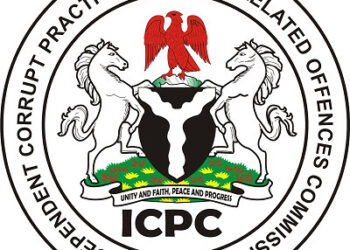Bishop Amakiri, the National Chairman of the Young Progressive Party (YPP), has said that the wave of defections that is sweeping the country’s political scene is more motivated by personal ambition than by national interest.
Nigerians should enquire further about the reasons behind political realignments, Amakiri advised.
He described the trend as “political interest defection” rather than genuine people-focused realignment, noting that such dispositions are not in tandem with desire for national growth.
Speaking during an interview, Amakiri stated that political defection is a normal occurrence in Nigeria’s democratic environment and that the reasons behind them frequently point to more serious problems with the nation’s leadership priorities and governance.
“The truth of the matter is that around the political space, you can’t take away people moving from one party to another,” he said. “But in this context, I will say there are two things: political interest defection and people’s interest projection,” he said.
According to Amakiri, political interest defection is not to address long-term developmental challenges.
“Those who push the agenda of political interest defection are always thinking about the next election and not the next generation,” he said.
“They prioritise politics over governance. Once they feel they can’t advance their political agenda within a party, they move elsewhere.”
He admitted that the YPP, like other parties, has seen both exits and new entrants.
“In the YPP, I won’t say we haven’t had members leave, and I won’t say we haven’t accepted new members,” he said. “Politics is about interest. Once someone feels their interest no longer aligns with that of the party, they are likely to move where they think it will be protected.”
Amakiri cautioned that continuous movement without a national vision results in unstable government and inadequate accountability, and he asked Nigerians to enquire further about the reasons behind political realignments.
He pointed out that defections will continue to dominate political discourse at the expense of genuine development until politicians start looking beyond elections and concentrate on governance and generational impact.
His remarks come in the wake of continued party-line defections ahead of the 2027 elections, as key players look for new political alliances to strengthen their positions.




































